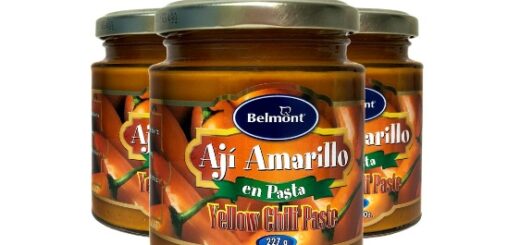Is amaranth lectin-free?

Amaranth is a popular gluten-free grain that has been gaining popularity in recent years due to its nutritional benefits. However, there has been some confusion surrounding whether or not amaranth contains lectins, a type of protein that can cause digestive issues in some people. In this article, we will explore the question: is amaranth lectin-free?
What are lectins?
Before we delve into whether or not amaranth contains lectins, let’s first understand what lectins are. Lectins are a type of protein that can bind to cell membranes and play a role in various biological processes, including immune responses and cell growth. Some lectins are known to be harmful when consumed in large quantities, as they can interfere with the absorption of nutrients and cause digestive issues.
Is amaranth lectin-free?
The good news is that amaranth is considered to be relatively low in lectins compared to other grains and legumes. While it does contain some lectins, the levels are generally not high enough to cause issues for most people. Additionally, the lectins found in amaranth are not as toxic as those found in some other foods, such as beans and grains.
How to reduce lectins in amaranth
If you are concerned about the lectin content in amaranth, there are some steps you can take to reduce it further. Here are a few tips to help minimize lectins in your amaranth:
- Soaking: Soaking amaranth overnight before cooking can help reduce the lectin content.
- Cooking: Cooking amaranth at high temperatures can also help break down lectins.
- Fermenting: Fermenting amaranth can further reduce lectins and improve digestibility.
By taking these steps, you can enjoy the nutritional benefits of amaranth without worrying about lectins.
The benefits of eating amaranth
Despite the low levels of lectins in amaranth, it is still a highly nutritious grain that offers a wide range of health benefits. Amaranth is rich in protein, fiber, and essential vitamins and minerals, making it a great addition to a healthy diet. It is also gluten-free, making it a suitable option for those with gluten sensitivities or celiac disease.
In addition to its nutritional content, amaranth has been shown to have antioxidant and anti-inflammatory properties, which can help protect against chronic diseases such as heart disease and cancer. It is also a great source of plant-based iron, making it an excellent choice for vegetarians and vegans.
Conclusion
In conclusion, while amaranth does contain some lectins, the levels are generally low and should not cause issues for most people. By following simple preparation methods such as soaking, cooking, and fermenting, you can further reduce the lectin content in amaranth and enjoy its numerous health benefits. So, is amaranth lectin-free? The answer is yes, with a few simple precautions taken during the cooking process. So go ahead and enjoy this nutritious and delicious grain as part of a balanced diet.











